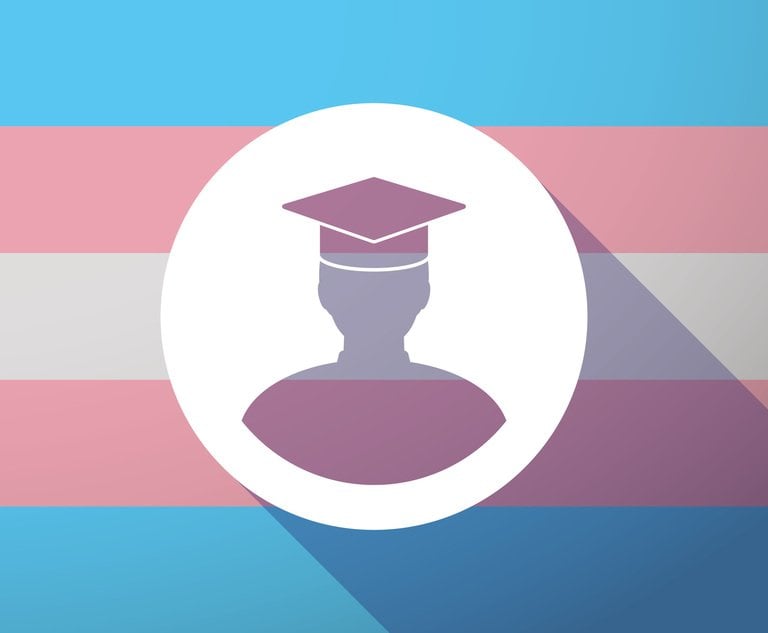Private universities do not have to allow students accused of misconduct to cross-examine their accusers in live hearings, the California Supreme Court held Monday in a case closely watched by colleges, women’s rights groups and critics of Title IX investigations.
While universities must notify students of the disciplinary charges they face and provide “a meaningful opportunity to respond,” those institutions have to balance competing interests, including the accused’s interest in fair proceedings, the alleged victim’s wish not to be re-traumatized and the school’s desire to maintain a safe campus, Associate Justice Joshua Groban wrote for the unanimous court.
This content has been archived. It is available through our partners, LexisNexis® and Bloomberg Law.
To view this content, please continue to their sites.
Not a Lexis Subscriber?
Subscribe Now
Not a Bloomberg Law Subscriber?
Subscribe Now
LexisNexis® and Bloomberg Law are third party online distributors of the broad collection of current and archived versions of ALM's legal news publications. LexisNexis® and Bloomberg Law customers are able to access and use ALM's content, including content from the National Law Journal, The American Lawyer, Legaltech News, The New York Law Journal, and Corporate Counsel, as well as other sources of legal information.
For questions call 1-877-256-2472 or contact us at [email protected]


 University of Southern California. Courtesy photo.
University of Southern California. Courtesy photo.





